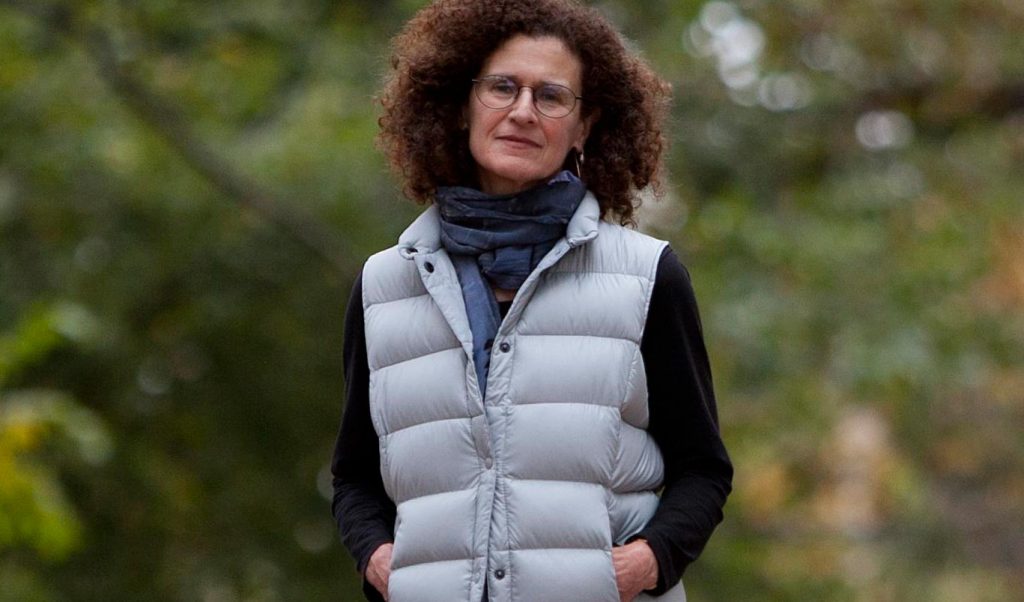We present this issue as the second installment of MQR’s 60th anniversary celebration. We put the final touches on it with a sense of relief in the air, on the days following the inauguration of Joseph R. Biden as the 46th president of the United States. I say “relief ” because past inaugurations in the world’s longest-lasting democracy had been celebrated largely with benign disinterest, despite some highly attended ones, such as the inaugurations of Presidents Kennedy and Obama. President Biden’s inauguration took place with a few hundred in attendance, due to a pandemic that had by then killed 400,000 Americans, and with the nation’s capital thronged by nearly 25,000 National Guard troops to protect it from a recurrence of the insurrection that took place two weeks prior.
In fact, it is that insurrection—where thousands of white supremacists and right-wing militants stormed through the Capitol and sought to intimidate or kill the nation’s representatives as they approved the results of the Electoral College—the shock of such an event, and the sense that American democracy was being struck with a potentially grievous wound that made Biden’s inauguration so memorable. For one thing, most white-collar Americans were at home, working from their computers. It was difficult for those who felt worried about the nation’s future not to watch. Held on the steps of the Capitol where previous inaugurations took place, as a gesture of defiance to the insurrectionists, President Biden’s inauguration conveyed resilience and fragility. The oldest American ever elected to serve as president, and receiving more votes than any candidate before, Biden spoke with vigor and determination, of hope, inclusion, and the necessity of restoring national unity. Some of the nation’s best-known pop artists directed their customary glamour toward gravitas and reached poignance that was never expected of them. The last word was given to one of the nation’s brilliant young poets, Amanda Gorman, who with an eloquent mixture of oratory and prosody touched millions of hearts. Text and video versions of her poem were some of the internet’s most circulated links on that day and the days following.
Perhaps that’s always been the role of literature, more specifically poetry, a wall we lean on when we’re doddering, and it’s gratifying that what gave us strength that day and thereafter was the work of an emerging writer. Shortly after 9/11 and perhaps on that very day, many Americans turned to W. H. Auden’s “September 1, 1939” as a source of solace, a reach into the archives of modern poetry for a poem that evoked a somewhat familiar trauma. Reading the newspapers, and keeping an eye on my social media streams, I did not encounter any references to poems after the January 6th insurrection. Perhaps the event was still unfolding, the confusion too immense for us to realize that what we experienced was shock and that we needed to grieve. Also, grief takes place after the damage is done, but the storming of the Capitol seemed like the damage was just beginning. Biden’s inauguration with its formal air spoke of a national sense of decorum, an ability to exhibit a degree of solemnity that matched the historical moment, and a deserved sense of celebration for overcoming a bizarre and potentially painful occurrence. And a young poet, rising to the occasion, spoke, deftly showing us, because we have not been here before, how to handle celebration and forbearance at the same time. Perhaps that’s also what I mean by a sense of relief.
At MQR we had planned to celebrate emerging writers as part of our 60th anniversary before the presidential elections and the troubling events that followed. In our previous issue, we celebrated our six decades of existence by seeking and finding a treasure trove of essays, stories, and poems that enlightened, moved, and thrilled us and also spoke to our current moment in imaginative and unforeseen ways. By featuring emerging writers in this issue, we celebrate a community that has sought a place in our pages. And while I don’t have the statistics at hand, emerging writers, at least in recent years, have been a large percentage of the writers MQR has chosen to publish. It’s a great honor for us to be such a trusted platform of the nation’s and the world’s emerging writers.
The works we’ve chosen for this issue also speak to our moment in resonant and poignant ways. Several of our poems and stories address the body and childbearing, more precisely, the female body and motherhood. It’s as if the revelations and reverberation of the Me Too movement are becoming occasions to celebrate, to rename and remember the female body as a site of nurturance, creativity, and restoration. Our writers take on the vicious cycle of debt, poverty, violence, and drug use that has hit the American middle class in recent decades and examine it with heart and sobriety. Also, the struggles of neurodivergent and LGBTQ individuals are examined in masterful prose. The aggressive racist and anti-immigrant policies of the last presidential administration and its brutality-by-tweet are confronted with irony and probing depiction. And we can perhaps now say that all explorations of place and memories of past abodes have become by necessity a form of ecological literature, for it is not only the past that is being recalled in such writing now but also the fact that these places have all been effaced by pollution, disuse, and climate change. Along with such devastation comes a search for new metaphors for damage and the potential for healing.
Our emerging writers are covering a wider geographical and cultural landscape than ever before. Our American language is being forced to cut through what I’ll call anthropological barriers, finding a way to express human experience without reducing or stereotyping it. The language in the hands of our emerging writers is taking on the amoral drive for success and conquest and the veneer of American civility and approachability that have long served as cover-up for brutal realpolitik. The word “home,” as an almost uniquely American quest, can be heard as a murmur in these texts, where also the ghosts of the dead make frequent appearances for they too have not been able to find rest in the hereafter.
In the words of Stephanie Glazier, we, having gotten to what seems like a cultural and political impasse, are seeking “something that means / not only sings praise.” And as if responding to the same impulse, Yun Wei tells us that we need to go beyond our familiar routes or roads, we must invent ways of moving and growing that will carry us with them and assure us that “this is not the end.”



